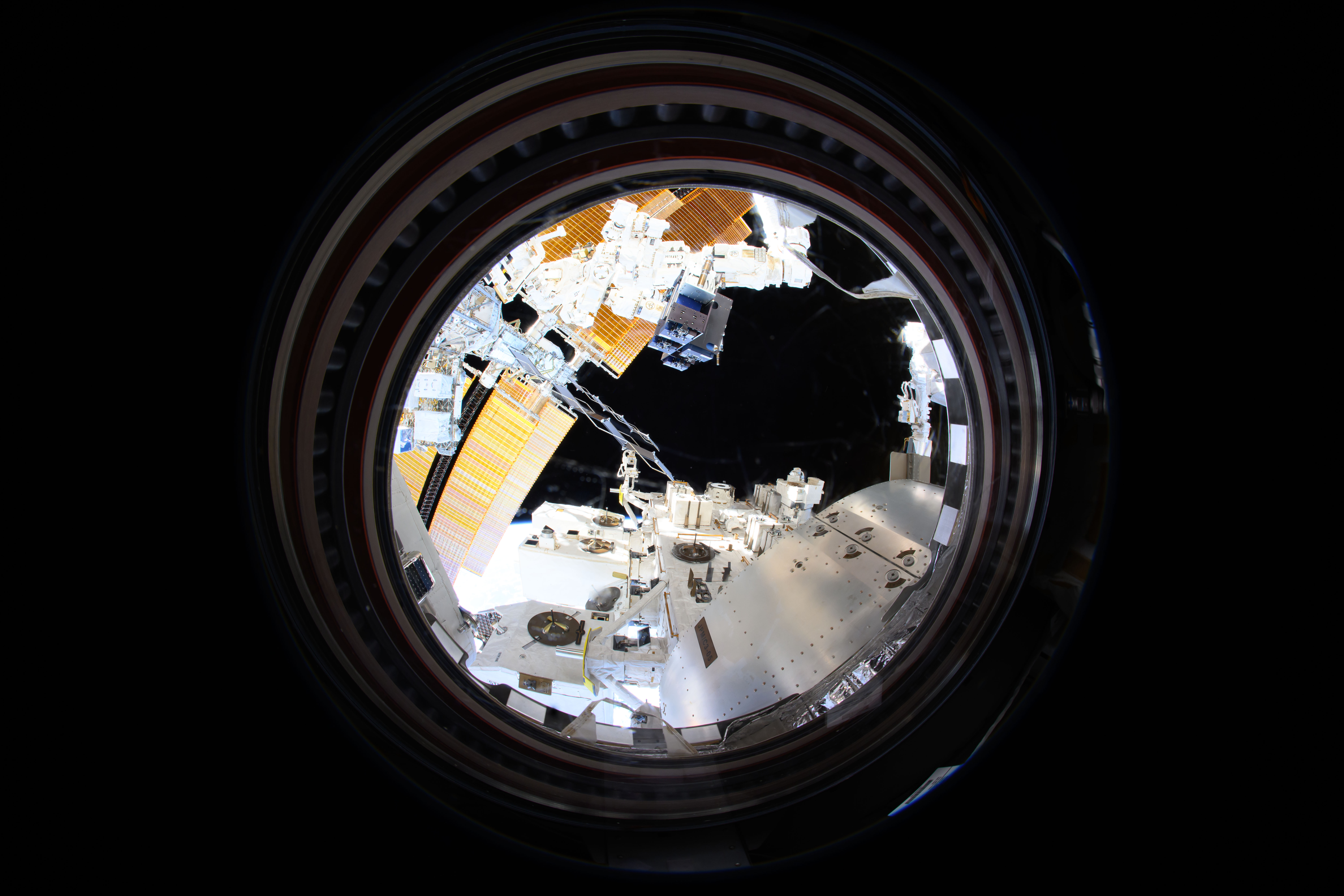Exploring the Future of Robotics and Digital Twins in Japan
In recent developments at the intersection of technology and industry, there’s a remarkable transformation underway in Japan. Companies are increasingly leveraging robotics and digital twin technology to innovate and streamline operations. This shift is not only addressing immediate industrial needs but also paving the way for a future where automation and AI are integral to everyday processes.
Toyota’s Robotic Innovations in Metal Forging
At the forefront of this technological evolution is Toyota, which is utilizing advanced simulation technologies to enhance its manufacturing capabilities. By integrating NVIDIA Omniverse, a platform designed for real-time 3D design collaboration and simulation, Toyota is refining its metal forging processes. This involves using digital twins, which are virtual replicas of physical systems, to simulate robot motion and gripping mechanics. These simulations help Toyota reduce the time required to train robots for transporting and handling forging materials, thereby improving efficiency and precision.
The use of NVIDIA PhysX, a physics simulation engine, allows Toyota to accurately replicate real-world physical properties such as mass, gravity, and friction within a digital environment. This capability is crucial for testing and validating robot movements and interactions with materials. By doing so, Toyota can ensure that its robotic systems operate safely and effectively, minimizing the risks associated with human labor in high-temperature and harsh industrial settings.
Moreover, Toyota’s adoption of these technologies enables the transfer of expertise from senior workers to robotic systems, preserving valuable skills and knowledge. This not only enhances productivity but also contributes to workforce safety by reducing the need for human presence in potentially dangerous environments.
Yaskawa’s Expansion into Adaptive Robotics
Yaskawa, a global leader in robotics manufacturing, is also making significant strides in the realm of adaptive robotics. With a portfolio boasting over 600,000 robots and nearly 200 models, Yaskawa is expanding its reach into new markets, including food, logistics, medical, and agriculture industries. The company is harnessing the power of NVIDIA Isaac, a platform for building and deploying AI-powered robots, to develop adaptive robots that can seamlessly transition between tasks and environments.
Central to Yaskawa’s innovation is the integration of NVIDIA Isaac Manipulator, a suite of AI models and libraries, into its industrial robotic arms. This integration equips the robots with advanced capabilities for industrial automation, enabling them to perform a wide range of tasks with precision and efficiency. Using FoundationPose, an AI model for precise pose estimation and tracking, Yaskawa’s robots can accurately navigate and manipulate objects in diverse settings.
By employing digital twin technology and robotics simulations, powered by NVIDIA Isaac Sim, Yaskawa accelerates the development and deployment of its robotic solutions. This approach not only saves time and resources but also ensures that the robots can adapt to real-world conditions and challenges.
Enhancing Retail Experiences with Seven & i Holdings
In the retail sector, Seven & i Holdings, one of Japan’s largest diversified retail companies, is leveraging digital twin simulations to enhance customer experiences. By utilizing NVIDIA Omniverse and NVIDIA Metropolis, a platform for intelligent video analytics, the company is gaining deeper insights into customer behaviors and store operations.
Through computer vision models, Seven & i Holdings can analyze various aspects of its retail environments, such as customer flow and product interactions. This data-driven approach allows the company to optimize store layouts and improve operational efficiency. Additionally, digital twins of retail spaces are created to simulate and predict customer interactions, enabling the company to tailor experiences to individual preferences.
The integration of NVIDIA Merlin, a recommendation engine framework, further enhances this capability by offering personalized product suggestions to customers. This level of customization not only improves customer satisfaction but also drives sales by aligning with consumer interests.
Rikei Corporation’s Digital Twin Asset Library for Manufacturing
Rikei Corporation, a systems solutions provider, is making significant contributions to the manufacturing sector with its digital twin asset library, JAPAN USD Factory. Built on the NVIDIA Omniverse platform, this library provides digital replicas of materials and equipment commonly used in Japanese manufacturing sites. By offering these digital assets, Rikei Corporation simplifies the process of creating digital twins for factories and warehouses, enabling manufacturers to enhance productivity and streamline operations.
The use of OpenUSD, a universal 3D asset interchange format, allows developers to seamlessly integrate these digital assets into their workflows. This facilitates collaboration and innovation across various stages of the manufacturing process, from design and simulation to actual production.
Conclusion
The advancements in robotics and digital twin technology showcased by these leading Japanese companies highlight a transformative shift in industrial practices. By embracing AI-driven solutions, they are not only addressing immediate challenges but also laying the groundwork for a future where automation and digitalization play a central role in enhancing efficiency, safety, and customer satisfaction.
For those interested in exploring these innovations further, the NVIDIA AI Summit Japan offers valuable insights and discussions, featuring industry leaders and experts who are shaping the future of technology in Japan. As these technologies continue to evolve, they hold the promise of driving significant progress across a wide range of industries, ultimately benefiting both businesses and consumers alike.
For more Information, Refer to this article.
































